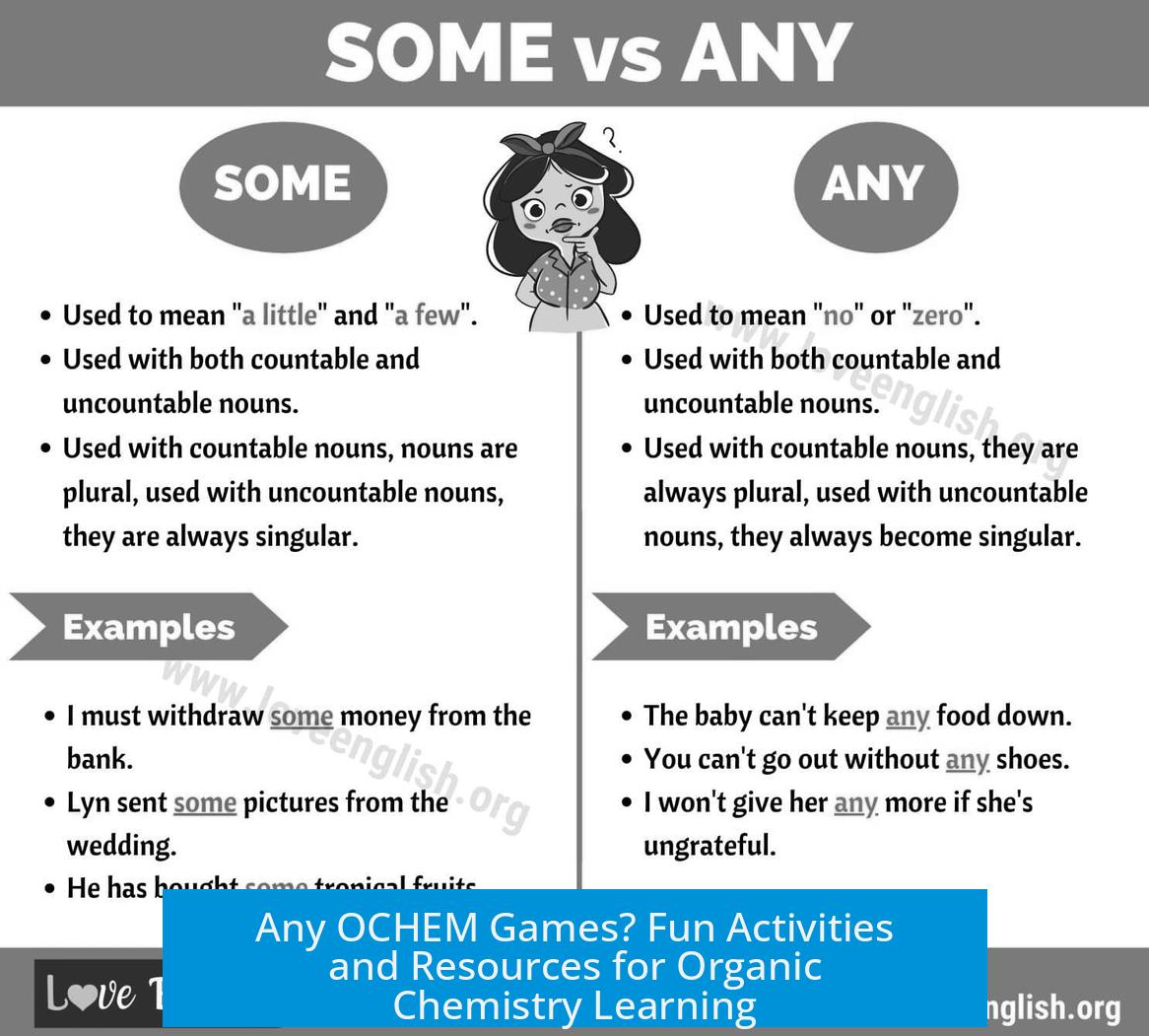Any OCHEM Games?
Yes, organic chemistry (OCHEM) games do exist, though options are limited and mostly informal or app-based. Many students create personal or group challenges, while some apps offer structured practice. However, the search for comprehensive and effective OCHEM games continues.
Informal Group Games Using OCHEM Materials
Students often develop their own games using course content. A popular approach involves friendly competition where participants “race” to solve reaction mechanisms on whiteboards. This method encourages quick thinking and reinforces mechanism steps through active recall. After completing problems, peers typically review each other’s work for accuracy, simulating a scoring system in a game.
- Race to complete mechanisms.
- Peer grading to add competitive element.
- Makes studying active and collaborative.
Online and Mobile Resources
Currently, no widely known online browser-based games exist specifically tailored to organic chemistry study. Students express the desire for such interactive tools. However, certain mobile applications help with practice.
For example, the Chemistry Lab app on Android provides modules to practice mechanisms. It may not be a game in the traditional sense but offers interactive problem solving that can engage learners effectively.
Using Study Partners for Game-Like Learning
Pairing with a study partner can replicate game dynamics through friendly competition. This method involves quizzing each other, timed problem-solving, or scoring points for correctly predicting reaction outcomes. Such strategies help make repetitive learning more stimulating and increase motivation.
Summary of Key Points
- Formal OCHEM games are scarce; students often invent competitive study methods themselves.
- Friendly “races” to solve mechanisms enhance engagement.
- No widely recognized online OCHEM games exist yet, but mobile apps like Chemistry Lab aid mechanism practice.
- Study partners enable informal competitive learning, improving retention.
- Ongoing student interest highlights a need for more game-based organic chemistry tools.





Leave a Comment